The biggest success for comics over the past five years hasn’t actually been comics at all: it’s been the movie industry. Superhero films are gigantically big business now, with The Avengers pulling in over a billion dollars worldwide, and the industry paying top-dollar for any new comic rights they can get their hands on. At the same time, superhero films are in a very good critical position as well – Christopher Nolan’s Batman trilogy won Oscars! Top directors are almost literally battling for the chance to get their hands on characters like Daredevil or Luke Cage.
While movies have taken the characters and distilled them into their most winning core – the comic book version of Iron Man was essentially revitalised by Robert Downey Jr’s energetic portrayal of Tony Stark – the comics themselves have struggled to keep up that mindset. Whilst the Iron Man of the movies was flying about, smashing racecars and saving the world, his comic book counterpart was busy being a fugitive, living a miserable life as he attempted to clear his name. The X-Men in X-Men First Class may have been enjoying themselves, but the X-Men in the comics were hounded, segregated on an island and blocked from society. In terms of tone? Mainstream superhero comics have been downbeat rather than optimistic.
Take any comic book version of a character and compare them to the film version. Hal Jordan is nominally dead right now in the DC Universe, but in the films he was Ryan Reynolds! Even Professor X, who is lovely Patrick Stewart and James MacAvoy in the films, has spent the last decade at Marvel being a terrible bastard. And, y’know, dead. For all that the movies may offer superheroes as a safety net for people wanting to be inspired, comics have been offering superheroes as corrupted, agonised people. Now, this isn’t bad storytelling – it’s always been the way. Drama requires a little tragedy from time to time, and comics have had a long time to dwell on their characters. Eventually you run out of ways to move a character, so things have to take a turn for the darker.
And that’s why it’s going to be so fascinating, two years from now, to sit in a cinema. Because two years from now, Gwen Stacy will die.
Whoa! Spoiler. True, though. The relaunched Amazing Spider-Man trilogy are setting us up for some major tragedy just around the corner. They’ve hired an actor to play Green Goblin, they’re bringing in a Mary Jane, and thematically the first film made it blatant that Gwen has to die for the narrative to be complete. The first film hammered the point that Peter Parker is dangerous for Gwen Stacy, and his decision not to end their relationship (which seemed sweet at the time) is going to look very ominous in two years time.
The other films coming up aren’t going to be much different. If Kick-Ass 2 remains true to the original comic, then fans are going to line up for a horrible rape sequence midway through their movie, followed by a lot of murder and horror. The Man of Steel has been marketed as a brooding, mournful take on the most iconic superhero of all time, while the Wolverine franchise is soon going to introduce doomed love interest Mariko Yashida. And if this wasn’t enough, the next X-Men movie will take us into the Days of Future Past dystopia.
In essence, the movies are going to hit unsuspecting audiences with a wall of ‘darker and edgier’ storytelling all at the same time. Comic book fans have been experiencing this for a while now, with formerly silly characters getting brought back, made miserable, killed off, tortured, or turned evil. The only notable upbeat characters of the last few years have been, perhaps, Stephanie Brown, Pixie, and Squirrel Girl. For the most part, comics have moved their attention towards an older audience, with more mature stories – well told stories, but stories which focus on human drama and horror rather than fantasy and idealism.
Film fans have no idea what they’re going to get into. While comic fans are aware that Gwen Stacy is doomed, the majority of film fans have no idea what’s coming up. It’s going to be MASSIVELY shocking for to see her die. People were prepared to see Uncle Ben die, because it’s what he always does – but adorable Emma Stone? Killed off halfway through a blockbuster trilogy? Film audiences expect superhero films – with a few exceptions – to be comforting, safe, and for all-ages. That’s a big twist for them.
What they’re going to get over the next few years are an unexpectedly brutal series of events, which could completely sour the idea of superheroes as comfort food. Comic fans accepted the move away from all-ages stories – how will film fans react? And Spider-Man is barely going to scratch the surface – are we eventually going to have to deal with Iron Man’s alcoholism? To what extent might that Ant Man film deal with Hank Pym’s history of domestic abuse? Is Channing Tatum still going to die in GI Joe 2?
The reaction of film fans to these next two years of superhero films will determine the future of comic book stories, I think. The reaction people have to this upcoming ‘darker and edgier’ period of films could have massive implications for comic companies. There’s a perception in general that comic books are fun entertainment for kids – but if movies now subject audiences to an onslaught of rape, murder, abuse and horror, what will that do for the next generation of comic fans? If the films are rejected by the public, will that mean the superhero genre of cinema will fall out of favour?
Films tentatively suggested for future release include a Lobo movie, Ant Man, and several Mark Millar projects such as Nemesis and Wanted 2. It’s interesting, isn’t it? There’s little hope for a Wonder Woman or Black Panther film, and yet film companies think audiences can support super-violent, misogynistic works. Films aimed not at all fans, but a smaller, older demographic. Just like happened in mainstream superhero comics! Rather than films suggesting a brighter future for comics, could their turn towards darker and edgier stories actually be the thing which helps to bury the medium entirely?
Steve Morris writes, tweets, and comics. Follow his epic journey!


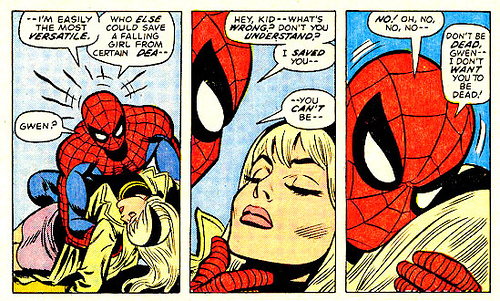


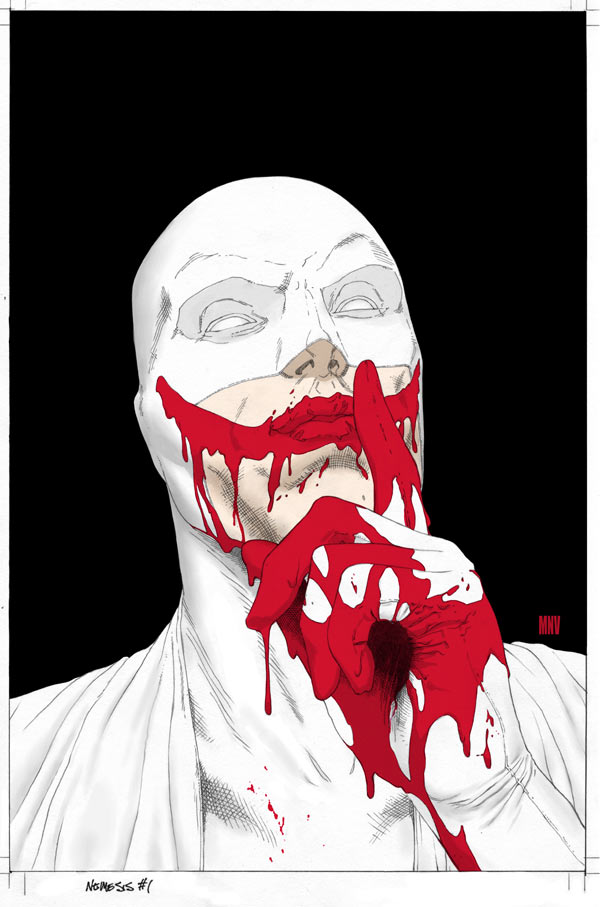
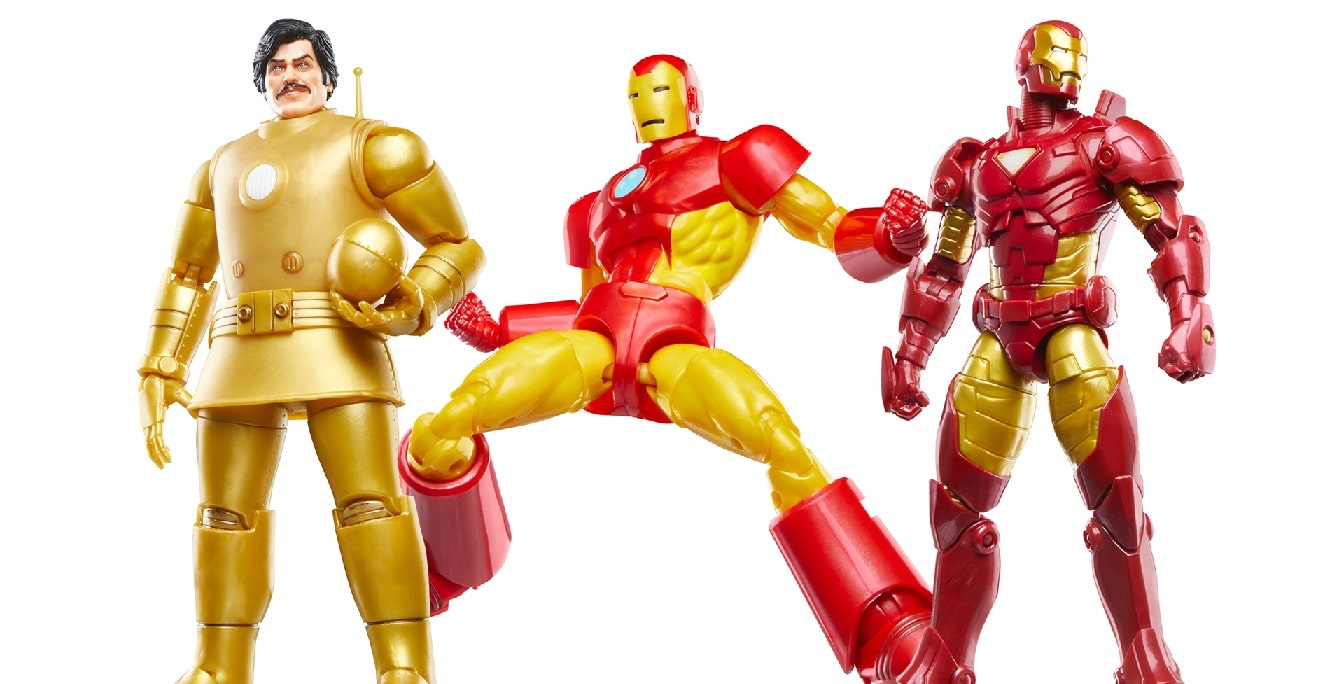
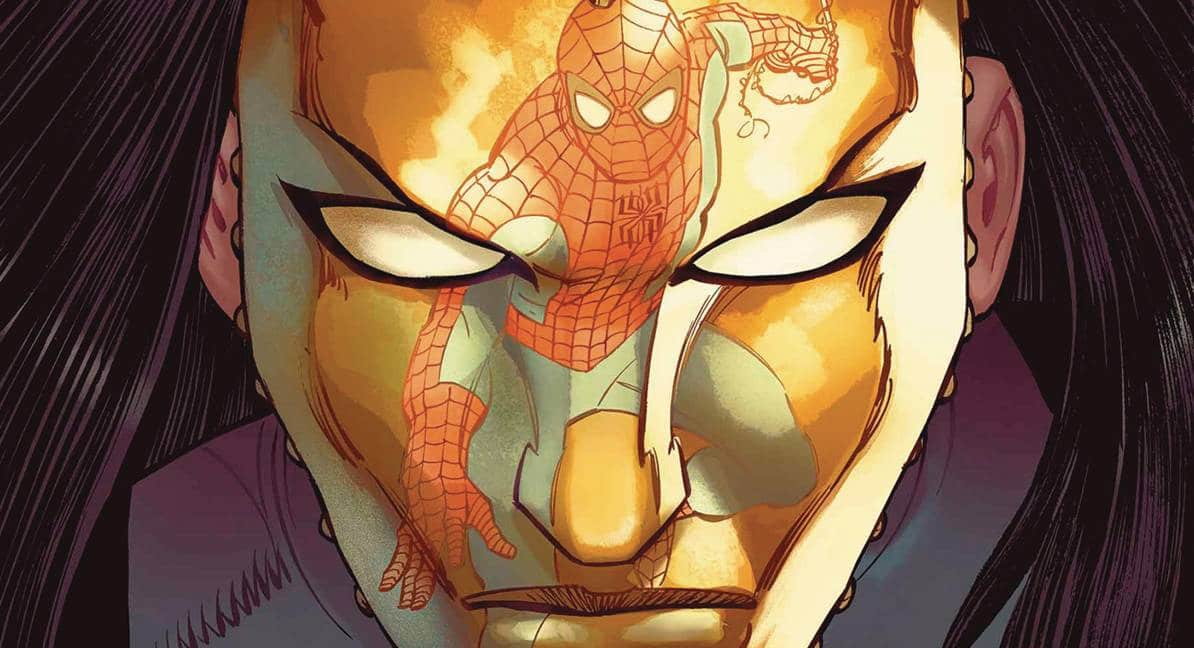
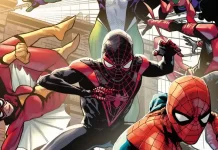
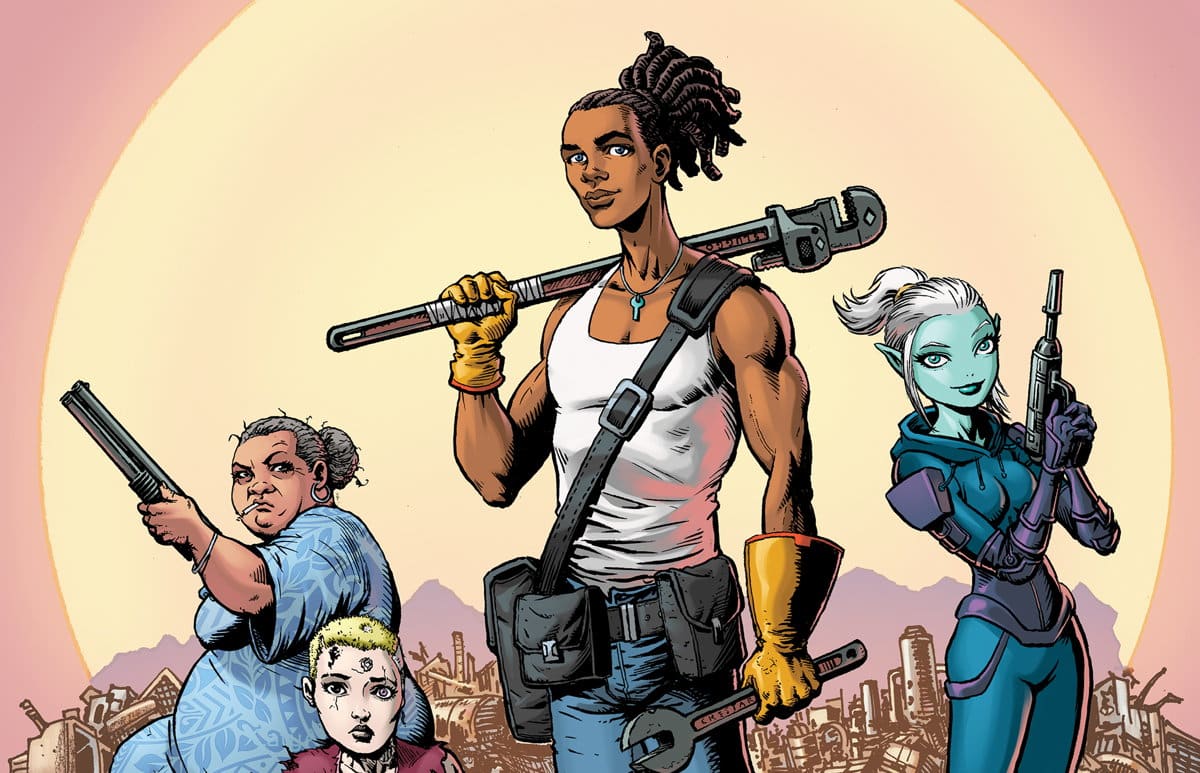


Frankly I’d just as soon not see the excess of grimdark and nihilism spill over into the movies anymore than it already has. It’s been choking the life out of superhero comics for years.
I felt that Nolan’s Batman is already going into that direction. It’s very “realistic” and “gritty”, especially the last one. People seemed to have liked it though. But I guess no major beloved character died.
Drama has always been a part of the Marvel Comics, the flaws and humanity made them so interesting. But nowadays it’s *only* drama and horror, and very little joy.
Do people really not know that Gwen Stacy is doomed? That comic came out 40+ years ago. It’s not exactly a state secret. Even novices learn that one pretty fast. I knew when I was 9 years old.
Dark and grim is getting tiresome for me. I don’t need that kind of tone on a steady basis, but it seems as though ‘dark and grim’ is what sells.
“Super-violent” I get, but which one of the upcoming projects named here is inherently “misogynistic?”
I would caution that even if the original comic-book series is misogynistic, that doesn’t mean that the adaptation will be. WANTED the movie was like a breath of fresh air next to the dimwitted original.
Marvel’s “Heroic Age” really was just limited to press releases.
This article makes a LOT of assumptions about where these movies are going.
I think you might have a point however movies, especially expensive licensed movies are products by committee. Whedon has A LOT of rope due to Avengers’ success. On the other hand you have Green Lantern, Superman and Watchmen coming off spectacular failures and Snyder has so little latitude that they brought Nolan in to watch over him. On a further note Punisher Warzone was an ultraviolent mess that spawned a Marvel proclamation that they would do no more “R” movies. Comics are an irrelevant little piece of media that matter little to corporate bottom-lines this allows editors and writers to satisfiy their tiny constituencies with violence and idiocy. Let’s see how much creative direction is allowed with real money on the line. I expected very little in a family friendly world of maximizing Netflix’s downloads and Disney amusement parks attendance.
Absurd premise. Like the studios have always been so slavishly faithful to the comics.
http://www.avclub.com/articles/ryan-reynolds-doesnt-want-to-be-green-lantern-agai,94203/
Ryan Reynolds doesn’t want to be Green Lantern again. Funny article.
I thought they dealt with/covered Tony’s alcoholism in “Iron Man 2”.
Maybe the reason why the comic book movies like Avengers do so well is because they aren`t like there comic book counterparts. They are fun. You can take your whole family to them. Maybe when the Hollywood superhero movies become dark and gritty like their comic book counterparts they will lose their mainstrean appeal,and flop at the box office,so be careful fo what you wish for.
respectfully
“the amazing Stam”
Man, I wish a modern Avengers comic could be arsed to be even half as fun as the movie.
Interesting that moviemakers (or at least Whedon, Nolan and Raimi) know how to sell superheroes to a large mainstream audience, while keeping the fanboys happy, but comic-book makers no longer know how.
It’s true, most superhero movies are rated PG-13. Therefore, most of them, with maybe a few exceptions, are viewed as family-friendly. I think that ‘s one of the reasons “Kick-Ass” caused such controversy, especially since it had a young girl as a superhero sidekick. I think it may have caught a lot of parents by surprise. Though one would think the title and the fact it was R-rated was a dead give away. But maybe they thought, “hey, there’s a young girl in it, it can’t be that bad.”
Comments are closed.